How to Extend Your WiFi Signal: The Ideal Device Choices

How to Extend Your WiFi Signal: The Ideal Device Choices
In our modern life, WiFi has become an essential part of our daily lives.
We want to enjoy stable and high-speed internet connections everywhere we go. Therefore, the issue of weak WiFi signals seems to trouble a lot of us, especially in a large house, multi-story building, or a building with thick walls. Then, how can we effectively solve these problems? This article will introduce several effective device options to help you extend your WiFi signal and ensure stable network coverage in every corner.
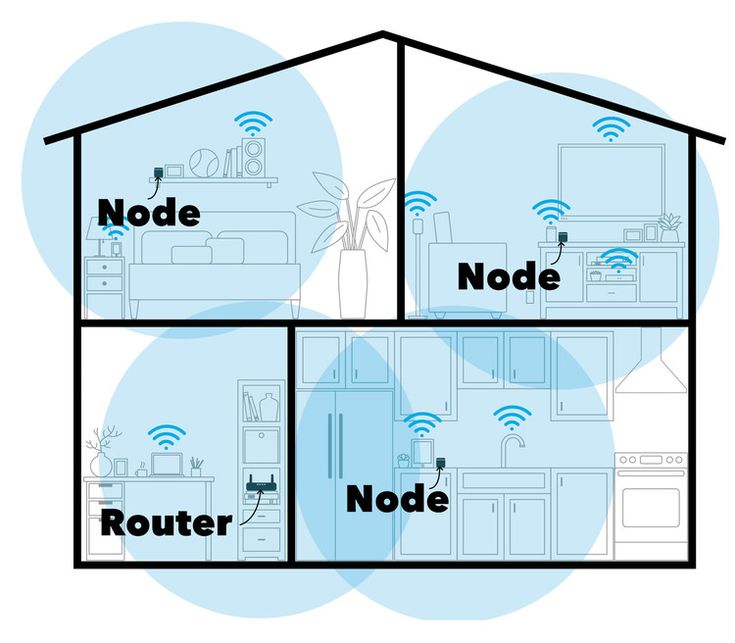
Before solving the problem of weak WiFi signals, it's important to understand the causes. The strength of a WiFi signal typically weakens as the distance from the router increases. This is especially true when the signal has to pass through walls, floors, or other electronic devices, where signal attenuation is even more pronounced. We believe everyone wants to find an effective solution for weak WiFi signals and frequent disconnections, right?
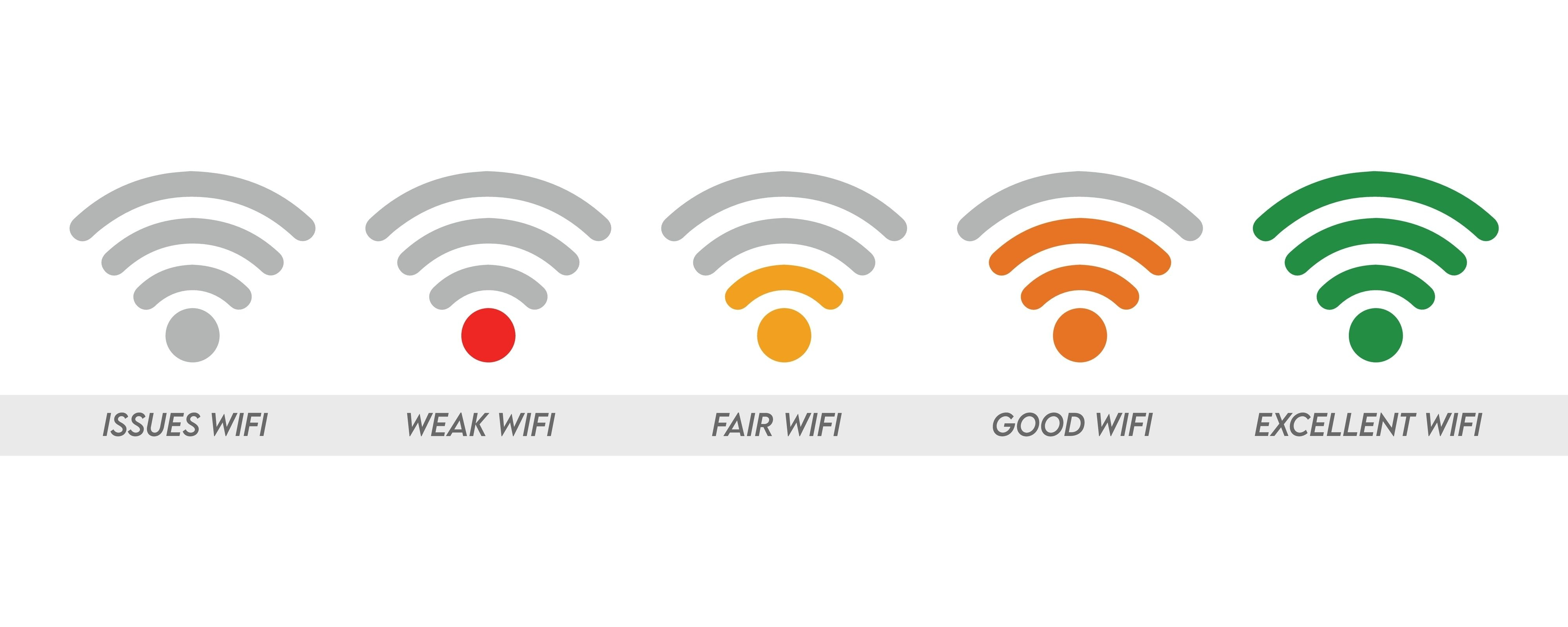
So, how can we solve the problem of poor WiFi signal?
There are several devices that can help expand the coverage of your WiFi and improve the signal strength. Here some common device options.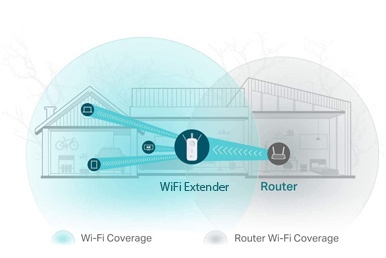
1. WiFi Extender
A WiFi extender is a device that receives the signal from your existing router and then rebroadcasts it in areas where the signal cannot reach. They are very easy to install and are suitable for places with small dead spots. The advantage of extenders is that they are relatively affordable, but the downside is that there may be some loss of speed during signal transmission as they repeat the same signal.
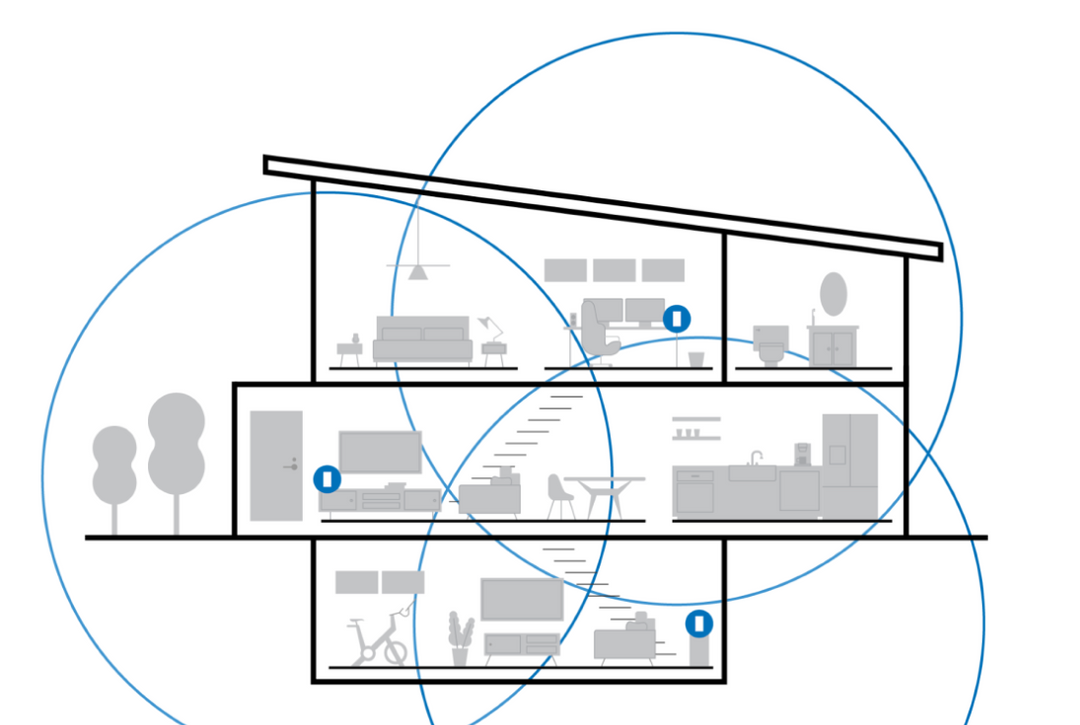
2. Mesh WiFi System
If your space is large or the layout is complex, a mesh WiFi system might be a better choice. A mesh WiFi system consists of multiple routers that are interconnected and work together to create a seamless WiFi network. The main advantage of this system is its ability to provide broader coverage, making it especially suitable for multi-story houses or complex room layouts. The signal transmission is more efficient, allowing it to maintain its fast speed even in areas far from the main router.
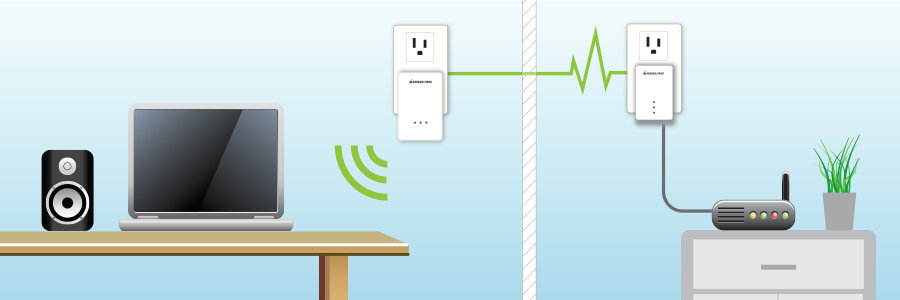
3. Powerline Adapter
Powerline adapters transmit signals through the electrical wiring in your home, providing a good solution to the problem of walls and floors blocking the signal. You could simply plug an adapter into a power socket near the router and the other into a socket where you need signal enhancement. Powerline adapters are particularly effective in areas with very thick walls or where signal penetration is difficult.
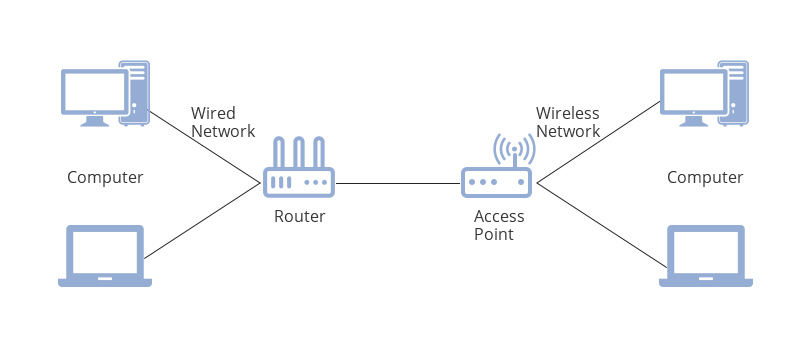
4. Wired Access Points
If you are setting up a wired network in your home, then configuring wired access points is also a very stable and efficient solution. By connecting a new access point to the main router using an Ethernet cable and placing the access point in areas with weak signal, you could have a very stable network connection. This method does not affect WiFi speed like extenders do, making it suitable for users with higher network quality requirements. If you are interested to know more about the device options for extending WiFi signal, you might be interested in our Computer Network Configuration & Troubleshooting + Computer Network Cabling module!How to choose the right device?
Since we have briefly introduced these devices, how do we now choose? Here are a few factors to consider:
-
The size of a space
- Speed Requirement
- Installation Difficulty
- Budget
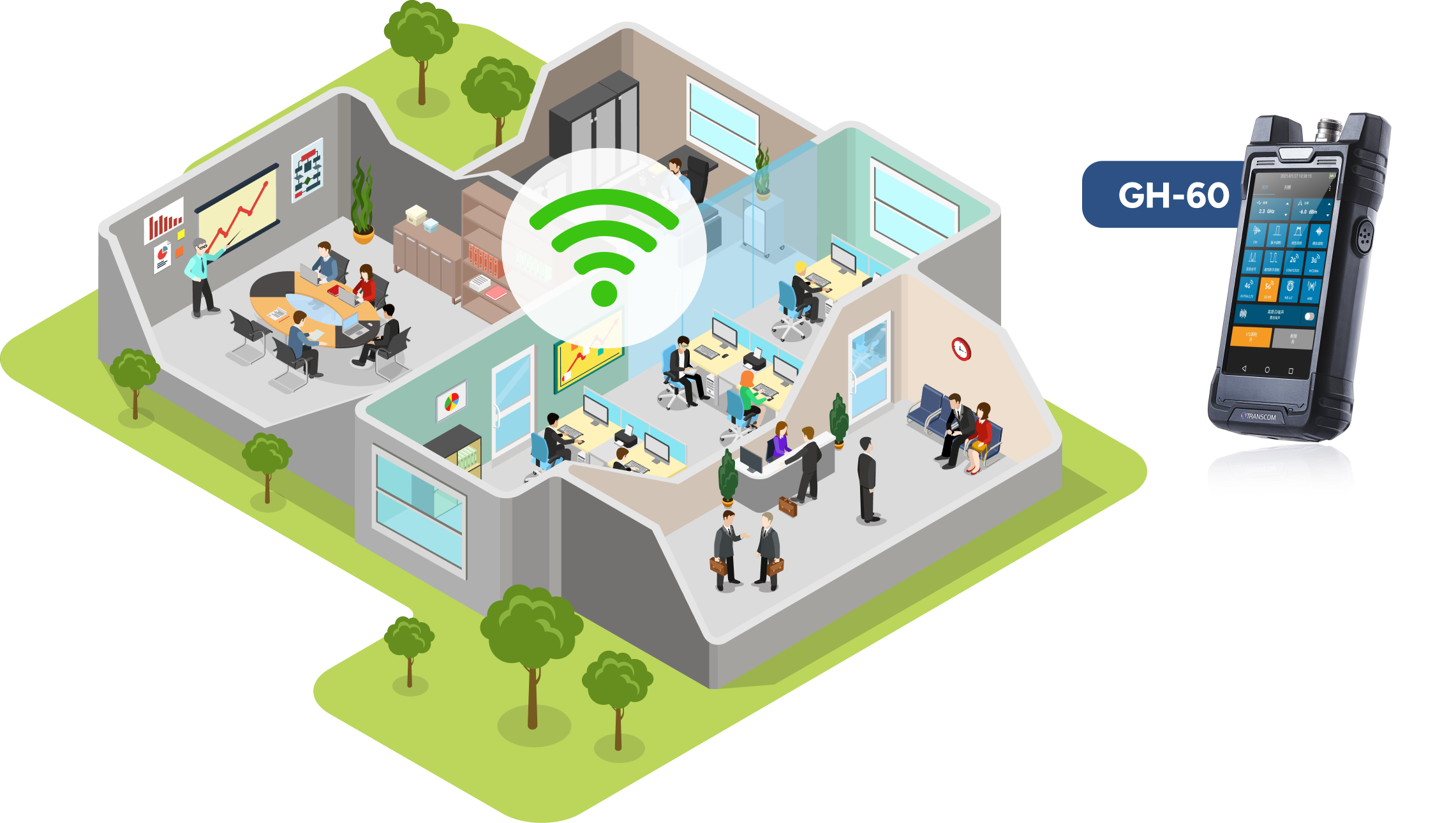
- Additional Tips for Improving WiFi Signal
- Place the router in a central location
- Make sure the router is positioned in the center of the space to maximise signal coverage.

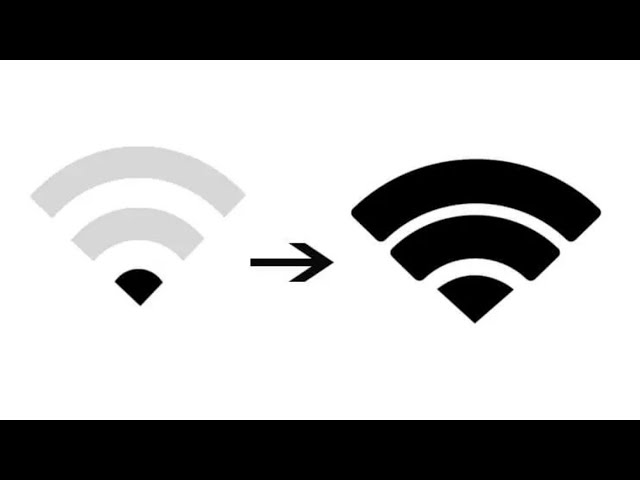
-
Reduce Interference
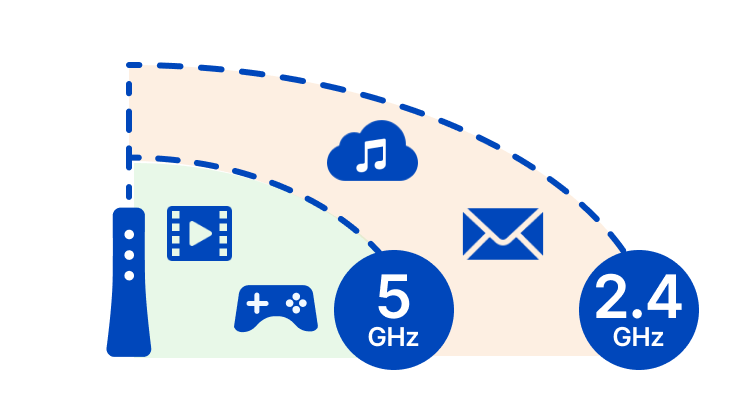
Use the Appropriate Frequency Band
If your router is dual-band, it's best to use 5 GHz band near the router for faster signal, while 2.4 GHz band is better for long-range coverage.Our Advanced Network Support module in our Professional Degree in IT course teaches our students teaches our students how to setup and implement small and medium enterprises’ network.
Conclusion
By selecting the right device and implementing some optimisation measures, you could effectively extend your WiFi signal and ensure stable and fast internet connectivity in every corner of your home or office. Whether it's a WiFi extender, a mesh WiFi system, or a powerline adapter, there's always a solution that suits your needs.We hope this is helpful for you. Don't forget to like and share to get more practical IT tips. You could also find out more via our Professional Diploma in IT. We offer our students a variety of IT knowledge and practical skills. Thank you for reading this, and see you next time!

Dec 16,2024
